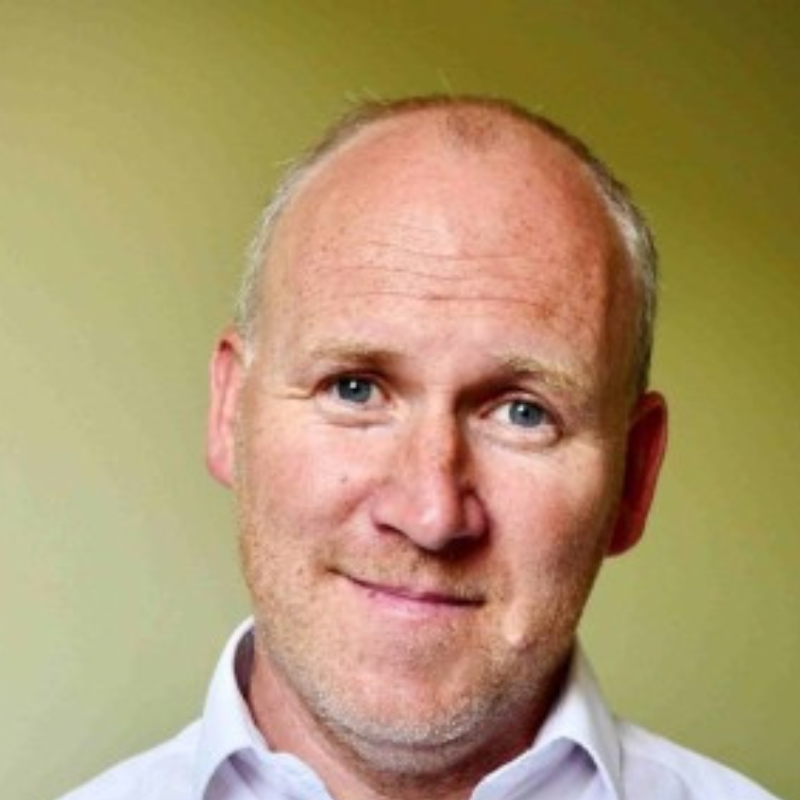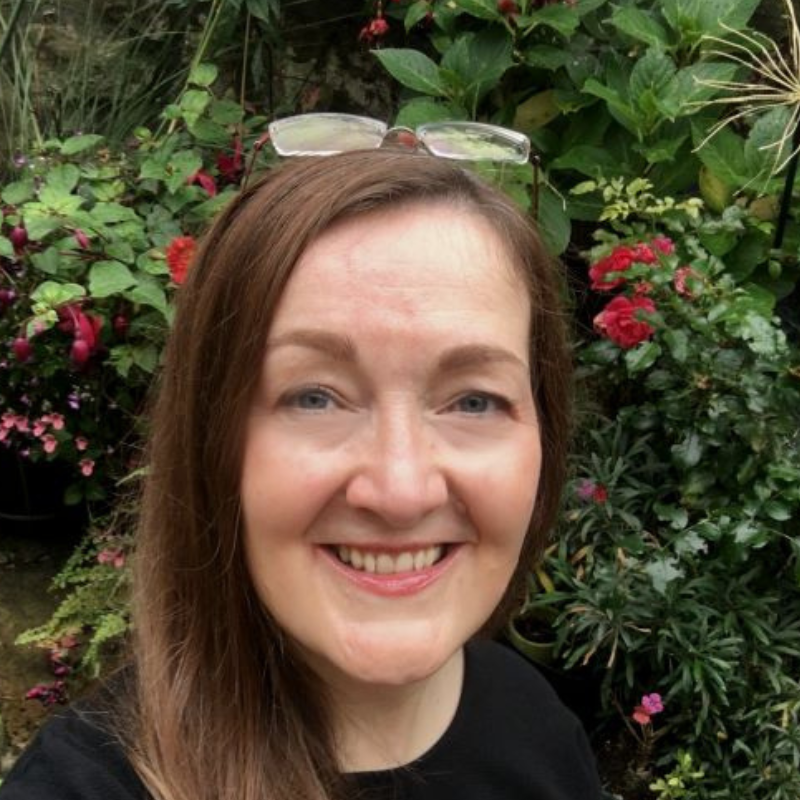AI is already here and every public, private and third sector body in Scotland has to understand what it is going to mean for them. Its impact will be deep and wide ranging, so what do organisations need to do to understand it, react to it and adapt to it?
AI is constantly in the news. Most often when a potential threat is being highlighted – the potential for misuse by hackers, terrorists or unfriendly foreign states. Equally, the race to regulate AI and to develop commercial advantage from it is a strong focus of attention. However, its existing use and the likelihood of its far wider influence on our everyday lives in very routine ways is growing fast. We depend heavily upon the organisations delivering our public services. We need those providing support in the charity sector. The businesses fuelling our economy through private enterprise are critical to our financial strength. All of these stand to gain or lose as the way they function and interact with their consumers and customers changes with the growth of AI. So what should they be doing now to survive and thrive in the AI world?
The Scottish Government's AI strategy aspiration is that 'Scotland will become a leader in the development and use of trustworthy, ethical and inclusive AI.' The question is, what does that mean in everyday terms? What will it require in terms of investment, strategy and implementation from those currently leading our public, private and third sector organisations?
This conference aims to demystify and simplify what AI is, how it is already in action and how it will develop next. It considers the challenges and opportunities presented by AI for organisations in Scotland's public, private and third sectors. It will discuss how to think about AI, how to plan for it and engage with it and what steps to take next on your organisation's AI journey.
The conference examines these challenges in three sessions:
Topics to be discussed
Who Should Attend
This conference will be relevant for anyone in the public, private and third sectors with responsibility for the strategic development of services, their costs and methods of production, the use of data and how their customer/consumer base will interact with them now and in the future. This includes Chief Executives, service managers, departmental directors, change managers, heads of corporate services, heads of data and information management, customer relationship managers, programme managers, service redesign, policy and insight, strategy and planning, chief digital officers, strategy managers, business growth and talent development.
Examples of the types of individuals and organisations already booked to attend include Monitoring and Evaluation Officers, Digital and Data Managers, Directors of Public Services, Business Performance, Finance, Strategy and Income Generation as well as Corporate Services, Operations, Communications and Portfolio Managers. These come from across local government, non-departmental public bodies, further and higher education, industry bodies, housing associations, the third and private sectors.

Senior Lecturer in Public Sector Finance and Chief Advisor of Studies
Adam Smith Business School, University of Glasgow and Secretary, BAFA Scotland

Digital Evolution Manager
SCVO

Head of Sector Development - Digital Economy and Financial Services
Skills Development Scotland

UK Board Director & crisis communications expert
Grayling

Chief Operating Officer & Director
Effini

Interim CEO
The Data Lab

Chief Data Officer
Scottish Government
09:25 Chair's opening remarks
Lynn Bradley, Senior Lecturer in Public Sector Finance and Chief Advisor of Studies, Adam Smith Business School, University of Glasgow and Secretary, BAFA Scotland
UofGAsbs
Session 1: Understanding what AI is and is not
09:30 Keynote speaker
Tom Wilkinson, Chief Data Officer, Scottish Government
scotgov digitalscots
09:50 Visualising how AI will change our world
Heather Thomson, Interim CEO , The Data Lab
DataLabScotland
10:10 Question and answer session
10:25 Comfort break
Session 2: AI is already here – what should you be doing now?
10:40 The public and third sectors and AI
Sam Rhynas, Chief Operating Officer & Director, Effini
effinidata
11:00 Equipping organisations to be AI aware and AI active
Phil Ford, Head of Sector Development - Digital Economy and Financial Services, Skills Development Scotland
skillsdevscot
11:20 Question and answer session
11:35 Comfort break
Session 3: AI, you and what happens next
11:50 Embracing innovation opportunities with AI
John Fitzgerald, Digital Evolution Manager, SCVO
scvotweet
12:10 The well prepared organisation – assess, react, adopt
Billy Partridge, Head of Scotland and UK Board Director, Grayling
GraylingScot
12:30 Question and answer session
12:45 Chair's closing remarks
Lynn Bradley, Senior Lecturer in Public Sector Finance and Chief Advisor of Studies, Adam Smith Business School, University of Glasgow and Secretary, BAFA Scotland
UofGAsbs

Lynn Bradley
Senior Lecturer in Public Sector Finance and Chief Advisor of Studies
Adam Smith Business School, University of Glasgow and Secretary, BAFA Scotland
Lynn Bradley is an accountant with more than 30 years’ experience of working in the Scottish public and private sectors. She was formerly the Head of Finance for West Dunbartonshire Council, where her responsibilities included local tax collection. More recently, she was Director of Corporate Programmes & Performance with Audit Scotland. She is a former chair of CIPFA in Scotland and a former chair of the Local Authority Accounts Scotland Advisory Committee. She is currently a University teacher in the Adam Smith Business School at Glasgow University, where she specialises in audit, risk and control.


Phil Ford
Head of Sector Development - Digital Economy and Financial Services
Skills Development Scotland

Billy Partridge
UK Board Director & crisis communications expert
Grayling
Grayling is an international communications consultancy operating in 40+ countries. Billy is responsible for Grayling’s Scotland operations in Edinburgh and Glasgow and is a member of its UK Board. A corporate communications expert with over 20 years’ experience, Billy is also part of Grayling’s global crisis taskforce, which brings together best practice in crisis communications and preparedness from experts around the world.
Billy has led crisis communications responses for many clients involved in cyber attacks, both local and international. These have involved public sector data breaches; disabled client payment and operating systems; malware and ransomware; and direct physical access attacks. He is familiar with media and customer responses to cyber breaches and is often involved in formulating communications strategies alongside clients and their IT/cyber security experts looking to recover systems.
Billy will provide a front-line perspective on the role of communications in a cyber attack, and what tends to happen when the media is involved.

Sam Rhynas
Chief Operating Officer & Director
Effini
With extensive technical & strategic experience, Sam works with organisations to build data, AI and automation into their core strategy, establishing best practice for governance and management. Her aim is to have organisations using cost effective, secure and purposeful data and AI solutions, bypassing the buzzwords and hype and focusing on purpose and value.
She designs and delivers workshops on topics ranging from getting started with data and AI to executive Data Strategy masterclasses. Effini is also driving data education across Scotland and beyond, with content creation of data lessons for schools and colleges delivery of NDA and PDA level courses and supporting training and mentoring for educators.
Passionate about diversity within the technology sector, she leads Girl Geek Scotland, and has sat on the Scottish AI Alliance Leadership Circle for the last three years.

Heather Thomson
Interim CEO
The Data Lab
Heather leads The Data Lab’s £8m data and AI skills programme which supports organisations to develop data strategy consider the impact and potential of AI, build teams and access and retain talent in today’s rapidly changing world of work.
With 23 years’ experience in software engineering, project management, education and leadership, Heather has a passion for supporting education and development and individuals and organisations.
She coordinates The Data Lab Educational Advisory Board and is also a member of the South of Scotland Digital Skills Board Management Group and the UK Data Skills Taskforce.

Tom Wilkinson
Chief Data Officer
Scottish Government
My main interest is in using data science and behavioural social science, to design institutions that are fairer and make better use of people's collective intelligence. Why? Because my Complexity Socioeconomics research suggested that traditional hierarchical social institutions are more fragile and volatile, and my real world experience tells me they introduce information bottlenecks.
My work as a Data Scientist has let me develop tools and data architecture to link expertise, measure the quality of collaboration through network metrics, as well as helping my understanding of distributed systems - both computing and ensemble machine learning.
I seek to combine network science, AI, and peer2peer mechanisms, for cooperation at scales that haven't traditionally worked without centralised institutions. Even more, I'd like to see them explored in settings where there is no effective central authority.
This conference will take place online.
How to book
You can book to attend, or order the video only, in 3 ways:
Conference fees
GROUP DISCOUNT – organisations booking 3 or more delegates will receive every third delegate place free of charge
(please complete further forms if necessary or contact us at 0131 556 1500 or mail@mackayhannah.com and we can do it for you)
PLEASE NOTE – the option of ordering the video recording only is intended for any individual who would normally have attended the event but – for whatever reason – is unable to do so on the day. It is not permissible to share this recording. Please contact us if you wish to share this recording. See our terms and conditions for further information.
Payment
We do not currently accept payments online and will send you an invoice.
You have the option of paying by bank transfer or card.
Bank details will be included on the invoice.
If you wish to pay by card, please tick the appropriate box on the booking form and a member of our staff will contact you by telephone to take the payment. Alternatively you may call 0131 556 1500.
Terms and conditions
By placing this booking, you agree to the full terms and conditions found via the link at the foot of our website.
Book delegate places or purchase video recording.

